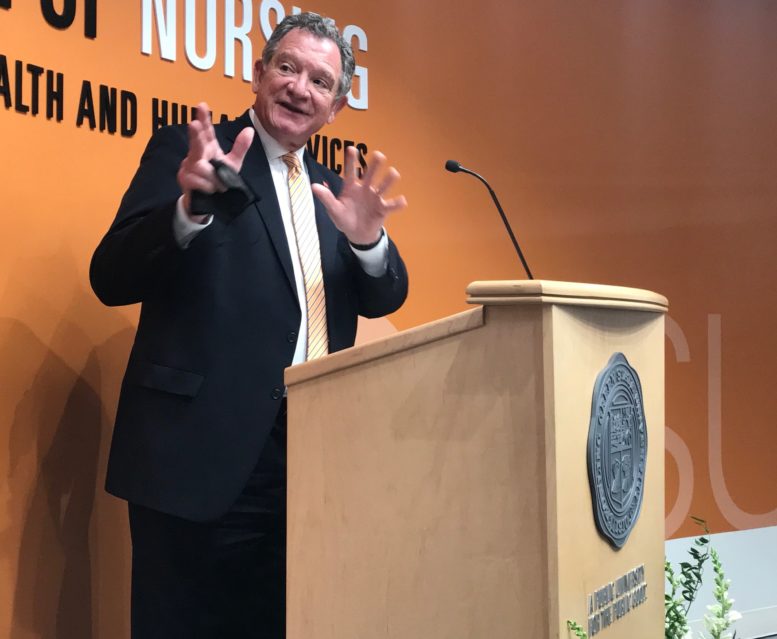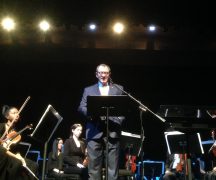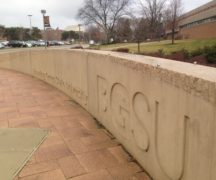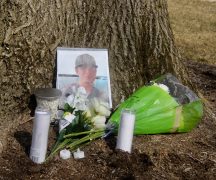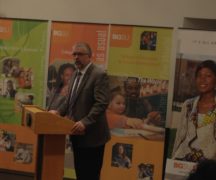By DAVID DUPONT
BG Independent News
Bowling Green State University President Rodney Rogers received a 4.1-percent pay increase, plus a bonus and additional deferred compensation from trustees at their meeting Friday (Sept. 24) on campus.
The raise brings Rogers’ base salary to $500,000.
In approving the financial package, the trustees cited Rogers’ leadership in completing the Changing Lives for the World Campaign, which exceeded its goal in raising $255 million, as well as “pivoting” the university strategic plan, and navigating the institution through the COVID-19 pandemic.
The pandemic, Rogers noted, is not yet in the rear view mirror. “It’s a long slough.”
In response to the trustees action, Rogers said that the successes the university has had are a part of team work among trustees, senior administration, staff, faculty, and students.
He donated the $120,000 bonus back to the university to support its Life Design initiative. This is the third year, he has donated his bonus back, for a total $264,000, the university reported.
The trustees also boosted his deferred compensation from the 20 percent called for in his contract to 30 percent.
He can collect that money either on retirement or at the conclusion of his contract. There are tax implications based on when it is collected. Also, Chief Financial Officer Sheri Stoll said it is not automatic. He must fulfill certain stipulations within his contract.
Rogers’ contract runs to June 30, 2026.
After the meeting, Rogers reiterated his statement to the board that the credit for the university’s success must be shared. “Any organization that’s continuing to move forward is because of the work of colleagues across this campus.” He noted that all the members of the president’s cabinet have been working on initiatives beyond their regular duties. “We have an amazing faculty and staff and at the core is our students. When we bring a community together like that we create a powerful learning community. So while I am certainly humbled I recognize it’s the work of so many people on this campus. And that is why they have accomplished a great deal, but we have more to accomplish. We have work to do.”
At the beginning of the meeting he cited BGSU’s recent successes in college rankings. U.S. News and World Report ranked it as one of the best universities for social mobility, and helping first-generation and Pell Grant recipients graduate and lead meaningful lives.
It also placed BGSU’s business, computer science and nursing among its top academic programs. The Wall Street Journal named BGSU as No. 3 for teaching quality in the country.
Also, when students were asked by the Journal if they would choose BGSU again, the university had a score of 8.9 with 10 being the highest, top student satisfaction response of any public university in the Midwest.
Rogers said there is pressure to perform that goes along with the pay increase. “But it’s good pressure . … As a public university we absolutely have an obligation to make sure we’re being efficient and using our resources appropriately to insure that our students are getting a great education and that our faculty are getting the support to do the research they need to do.”
This also includes continuing to advocate for the institution. “We have got to make sure we understand how important higher ed is today for our state and our country.”
In his remarks to the board, Undergraduate Student Government President Alex Chiarelott, said that he has been impressed in his dealings with administrators that there is never a sense of complacency.
The Life Design Program, which is the beneficiary of Rogers’ bonus, is the university’s initiative to remake advising to integrate academic, life, and career guidance. On Thursday during an update before the academic affairs committee, Provost Joe Whitehead said, that the program which was introduced last year and is slowly being rolled out has changed so that in students’ last two years they will be guided by advisers who know about the career possibilities within their disciplines.
That program, he said, will be piloted in the health care disciplines.

